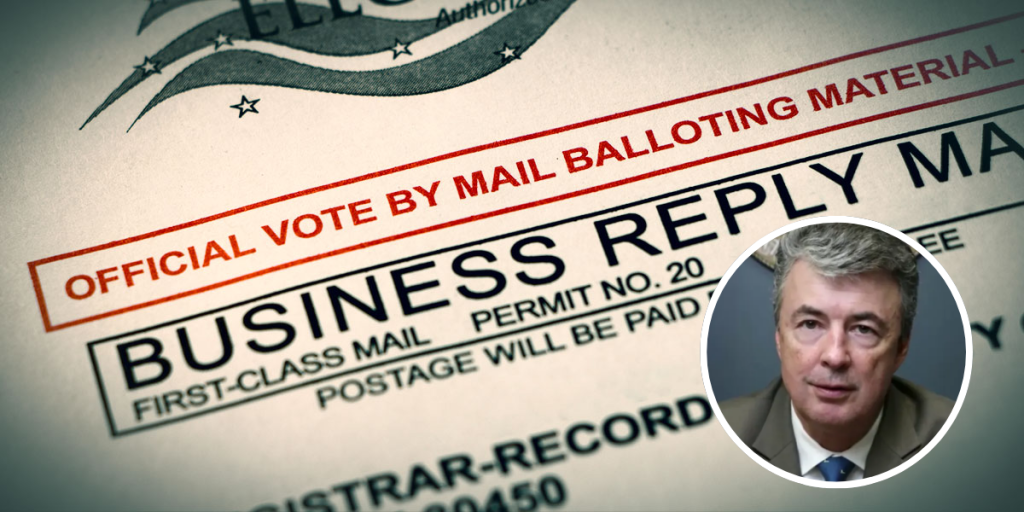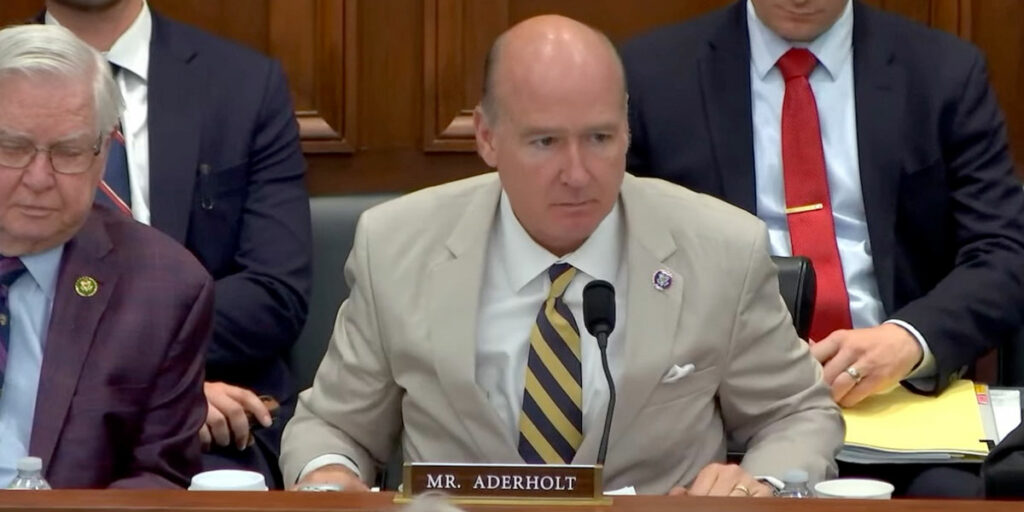
Last year, Russian President Vladimir Putin orchestrated a major power play in an effort to exert control over Ukraine, a sovereign nation to Russia’s west. After the citizens of Ukraine ousted their Russian-backed president, Putin sent Russian troops into Ukraine and eventually annexed a portion of Ukraine, known as Crimea.
Throughout this conflict, Vladimir Putin threatened to shut off Ukraine’s energy supply unless they complied with Russian demands. This was a perfect opportunity for the United States to step in, provide Ukraine with energy resources, and assist a country who was trying to stand up against communism.
Unfortunately, a 40 year old ban prevented the United States from exporting our crude oil. The ban is a relic of the past that was instituted in 1975 by President Gerald Ford in response to the Arab oil embargo. Times have clearly changed and the ban is no longer needed.
This debate over lifting the oil export ban comes as the United States is producing more oil than ever before. Over the last decade, the United States has become the leading producer of oil and natural gas in the world.
Unfortunately, President Barack Obama is opposed to Congress lifting the crude oil export ban because he believes the decision should be left up to the federal Department of Commerce. In other words, the Obama Administration would rather an unelected federal agency make the decision instead of the democratically-elected Congress. By standing in the way, President Obama is tying our hands both domestically and around the globe.
A key national security tool is being able to ensure our allies have dependable access to affordable energy. Former Secretary of Defense Leon Panetta recently wrote in the Wall Street Journal that repealing the oil export ban is a “powerful, nonlethal tool” to help spread democracy abroad.
Russia is a clear example of why the United States should repeal the ban. A number of countries like Finland and Bulgaria depend on Russia for more than 50% of their oil. In the Middle East, Iran uses its energy supply to raise revenue that can then be funneled to terrorist organizations. The United States should offer an energy alternative to these bad actors.
The benefits of lifting the ban are not limited to foreign policy. In fact, there are clear economic benefits. Studies show that lifting the ban would create an additional 630,000 U.S. jobs by 2019. This economic growth would also allow manufacturers to expand and boost our gross domestic product.
The Government Accountability Office also found that lifting the ban would lower gas prices right here in the United States by 1.5 cents to 13 cents per gallon. Even President Obama’s own Department of Energy found that increased oil exports would help lower gas prices at home.
A recent survey found that 69% of Americans support lifting the ban, and numerous editorial boards from both conservative and liberal papers like the Wall Street Journal, Washington Post, Detroit News, and the Washington Times have called for the ban to be lifted.
With this mind, I was proud to vote recently in favor of a bill to repeal the outdated oil export ban. The bill passed the House by a vote of 261 to 159, with 26 Democrats joining with the Republican majority to pass this commonsense legislation. This is clearly an issue on which Republicans and Democrats can find common ground.
So, I call on President Obama to reconsider his veto threat and to look at the clear economic and national security benefits of repealing the oil export ban. It is critically important that America once again lead on the world stage.
Congressman Bradley Byrne represents Alabama’s 1st District.












